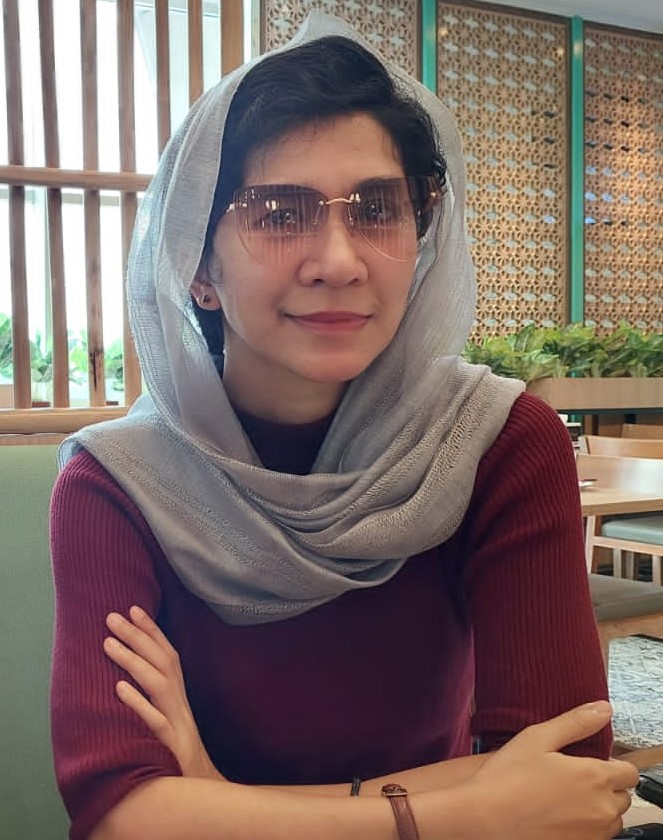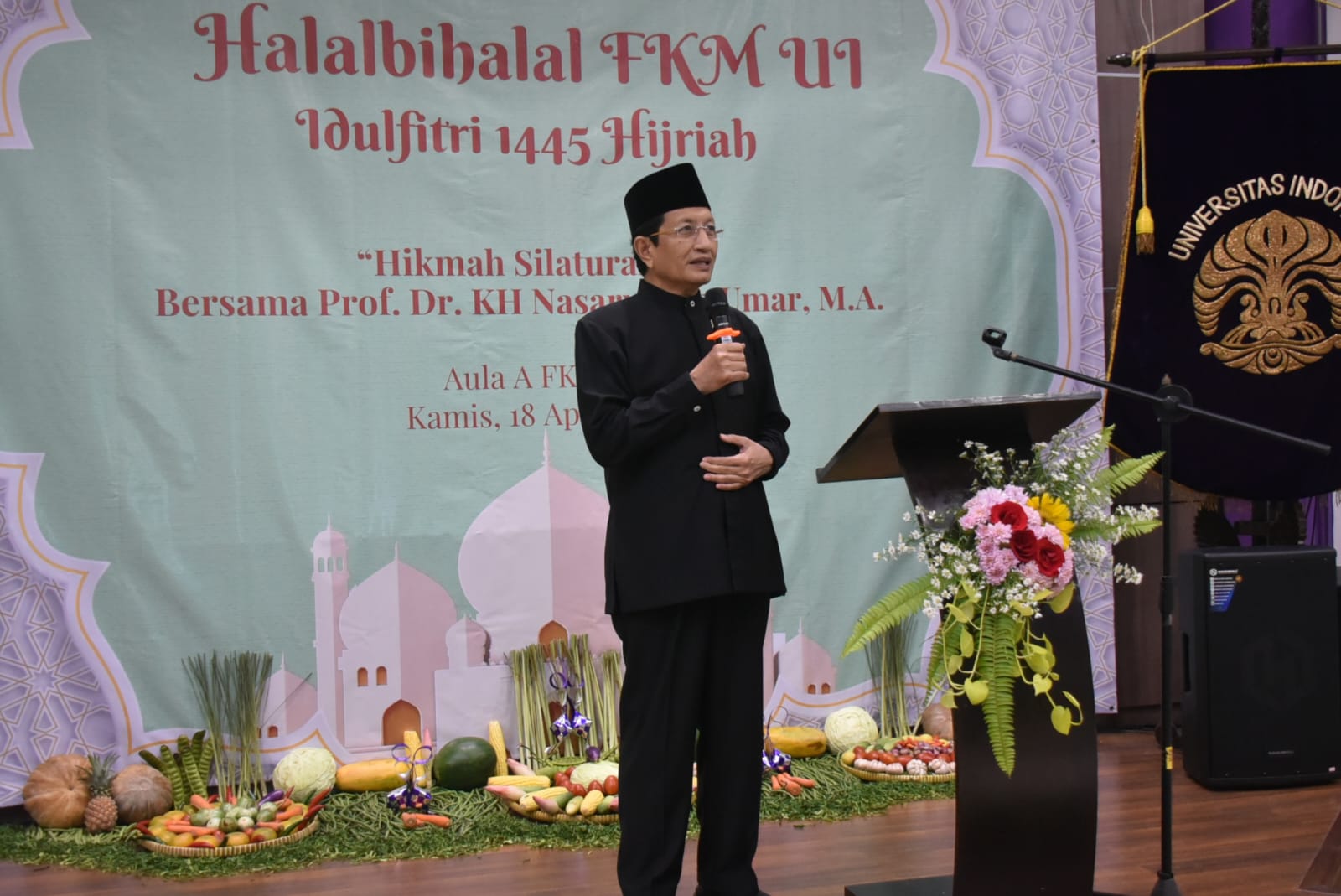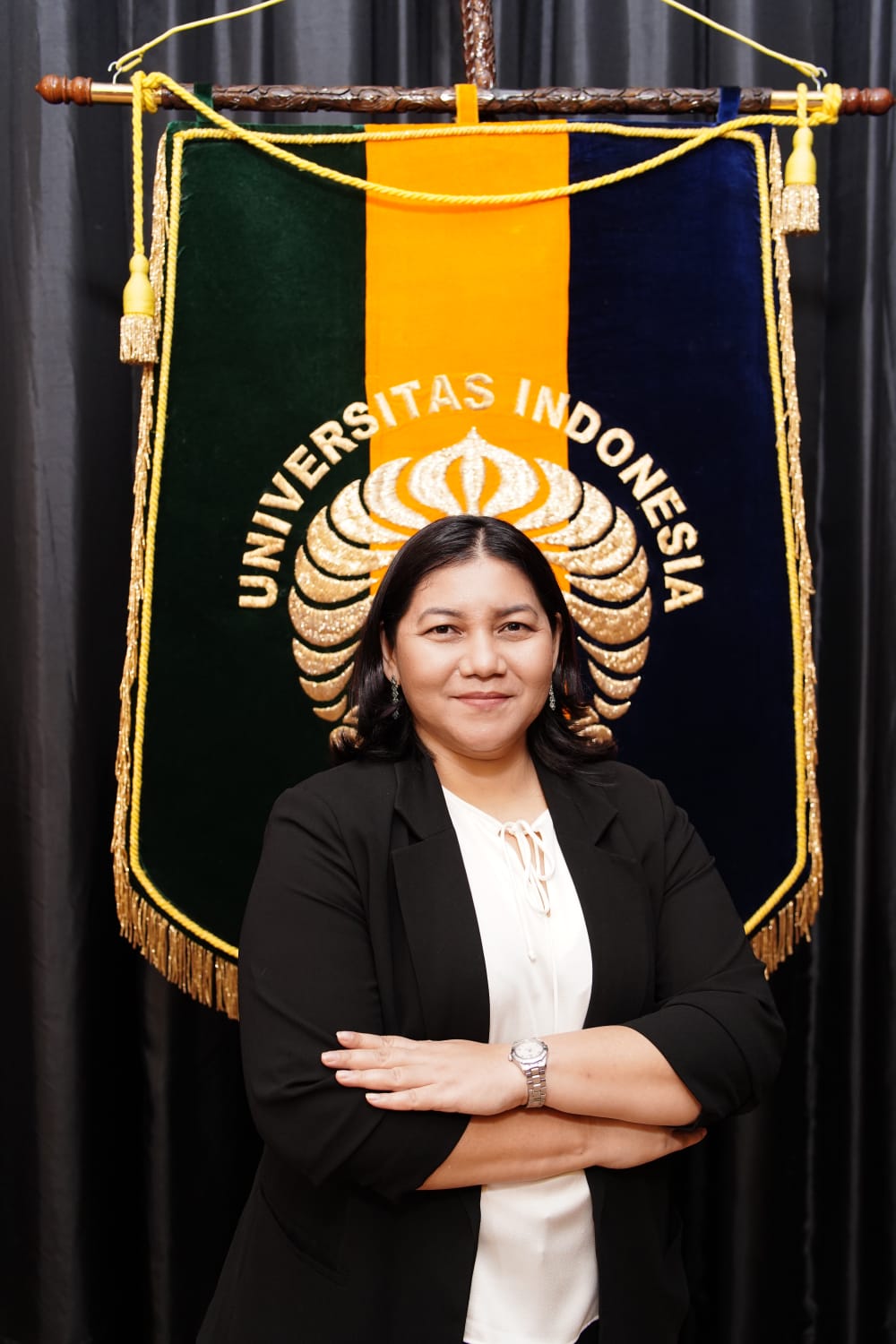![]()
Evi Fitriani, a lecturer in the Department of International Relations, Faculty of Social and Political Sciences (FSPS), Universitas Indonesia (UI), was inaugurated as a professor of International Relations by UI Rector Prof. Ari Kuncoro. In her inaugural speech entitled “Building Indonesian Perspectives in International Relations”, she focused on two issues, namely the problems faced by Indonesia as one of the countries in the international system, and problems in the science of international relations in Indonesia.
“Indonesia’s struggle to realize the ideals of independence, especially to participate in implementing a world order based on independence, lasting peace and social justice is very noble and ideal, but it is not easy. Structural pressures in the international system and various domestic problems hamper Indonesia,” she said. According to Evi, Indonesia has grown up in a non-ideal international system shaped by the victorious countries of the Second World War.
The character of the international system over the past seven decades is characterized by two characteristics, she said. First, the ‘winner takes all‘ statement of an international system dominated by major powers in politics, security and economics. The dominance of these large countries leaves developing countries, such as Indonesia, without a strong bargaining position.
“That there is interdependence between countries in the world does not prevent the operation of power relations between countries in the world because small countries are more dependent on big countries than vice versa,” said Evi. The second characteristic of the post-World War II international system to this day is the competition among major powers for political influence, strategic power, and economic dominance.
The discussion of Indonesia’s limitations also reveals Indonesia’s strengths as a developing country that must maneuver in international relations amid the power politics that are common in the international system. “The strengths and advantages of Indonesia – and other developing countries – have rarely been identified and understood in international relations science due to the dominance of Western-centric and focus on big countries in this science. Therefore, an Indonesian perspective is needed that is better able to capture, translate, and understand the special characteristics of a country that is not a Western country and not a big country,” Evi said.
![]()
In addition to the pressures of international structures, Indonesia’s limitations to realize the ideals mandated in the preamble of the 1945 Constitution also come from within the country. “For Indonesia, improving its bargaining position in the global political structure is not enough to improve the country’s appearance in the international community. It is also necessary to change the mindset about the role of the non-hegemonic state which is able to change or enrich the discourse in international relations,” he said.
Evi added, in addition, Indonesia carries out international relations practices typical of Asian countries which are somewhat different from the cooperative culture in Western countries. In many cases, flexibility in line with the principle of ‘free and active’, as well as an informal and sometimes even personal approach, has been Indonesia’s strength in international relations. These phenomena are rarely mentioned in the discourse of international relations science, whose main literature comes from the United States and Europe,” he said.
Evi graduated from the International Relations Study Program of FSPS UI in 1992, then in 1994 successfully completed her master’s program, Modern International Studies, at Leeds University, UK. In 1995, Evi successfully completed her second master’s degree, Southeast Asian Studies, at Ohio University, USA.
Later in 2011, he earned his Doctor of Philosophy degree at the Crawford School, Australian National University, Australia. Evi is quite active in writing books and recorded 5 national and international books that she wrote in the period 2012-2016.
He and his team from FSPS UI are actively developing policy recommendations for the Indonesian government, including several titles related to “G20 Indonesia 2022”, “Realizing a Society that Remains Active, Productive and Healthy during the Pandemic with a Social Sciences Perspective”, and “A Comprehensive Approach to Managing the Migration of Indonesian Nurses at the Pre-migration Stage”.



